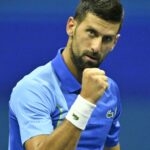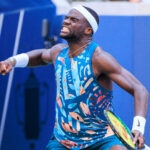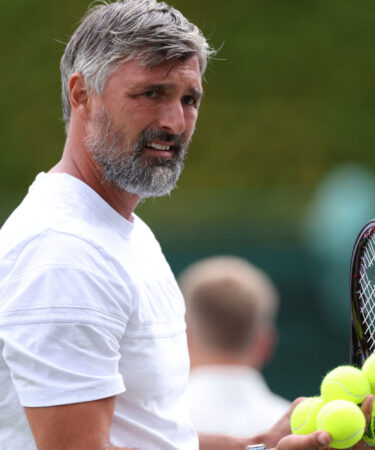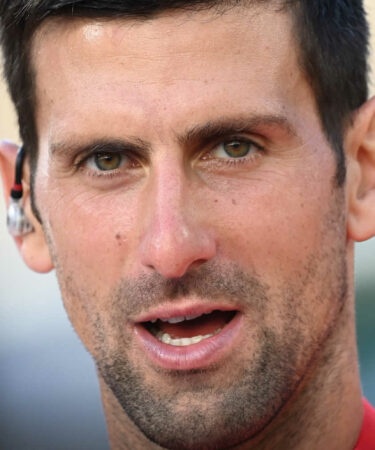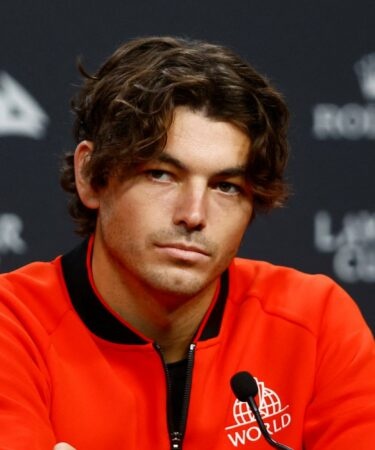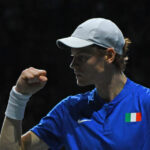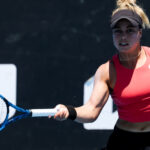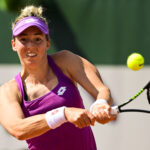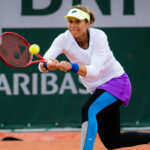“Recovery is different from 10 years ago” – Djokovic on the art of constantly reinventing himself
Novak Djokovic has explained how his recovery process differs now that he’s 36 years old, and why his mercurial relationship with his coaches is crucial
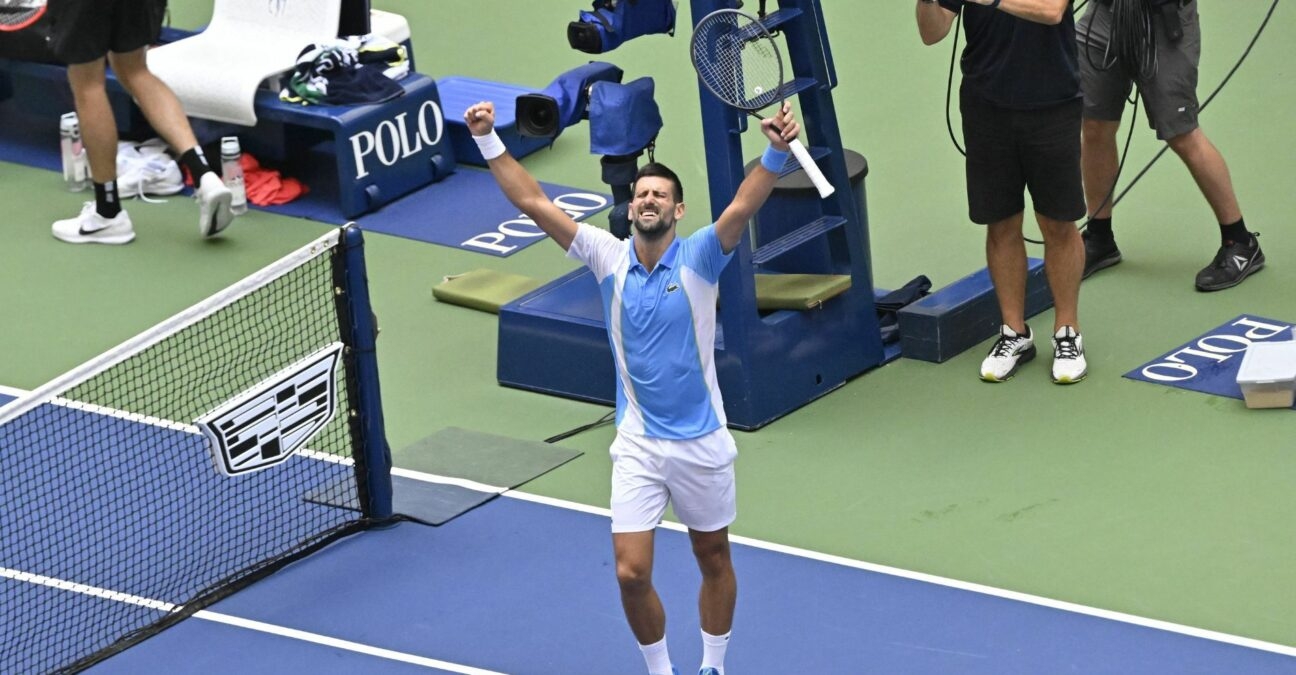 Chryslene Caillaud / Panoramic
Chryslene Caillaud / Panoramic
At age 36, Novak Djokovic is still reaching the semi-finals of Grand Slams – this time at the US Open, for the 47th time in his career, to surpass Roger Federer’s record. Such longevity at the highest level, the Serb owes to an exemplary physical and mental rigor.
In his quarter-final match up against Taylor Fritz, a top 10 player eleven years his junior, the soon-to-be world No 1 never wavered. Winning 6-1, 6-4, 6-4, Fritz was simply not able to keep up with Djokovic when it mattered, with the American faltering when the stakes were highest on pressure points.
Difficult after such an encounter to guess who was the oldest player on the court.
Djokovic continuing to adapt as circumstances change
With unbearable heat and humidity, it was clear the victory still took its toll on Novak Djokovic, despite winning in straight sets.
Recovery is more important than ever at the Serbian’s age, even more than 10 years ago, and in a press conference following the US Open quarter-final, Djokovic emphasised the difference in his preparation and recovery at age 36:
“It’s just different. I have to have an approach that is different from what it was 10 years ago,” explained Djokovic.
“I have to adapt to my life and the changes, continued the Belgrade native. “I have to adapt to my, you know, to my life and changes. I’m the father of two children, a lot of things are happening off the court that are obviously part of my life that affects me in one way or another, my mental state, my emotional state. You know, I need to know how to handle all of these things and create a formula that works. So far, so good.”
“But that’s the beauty of life, you know. Things are evolving, moving on,” reflected Djokovic, who has only dropped two sets across five matches at the US Open this year, before again emphasising the importance of mental health.
“You know, it needs to be out there, it needs to be, you know, addressed in a proper way so that the players have proper understanding of what they are going through and then have help and, you know, guidance, necessary guidance for them to overcome certain obstacles.”
“It has to be challenging for everyone” – Djokovic explains relationship with coaches
At the start of the match, Novak Djokovic seemed to doubt his ability to survive such heat on the Arthur Ashe court. As always, his box quickly reassured him.
Though Djokovic at times may appear harsh with his entourage, the winner of the Cincinnati Masters 1000 relies heavily on them, as he explained after his quarter-final win.
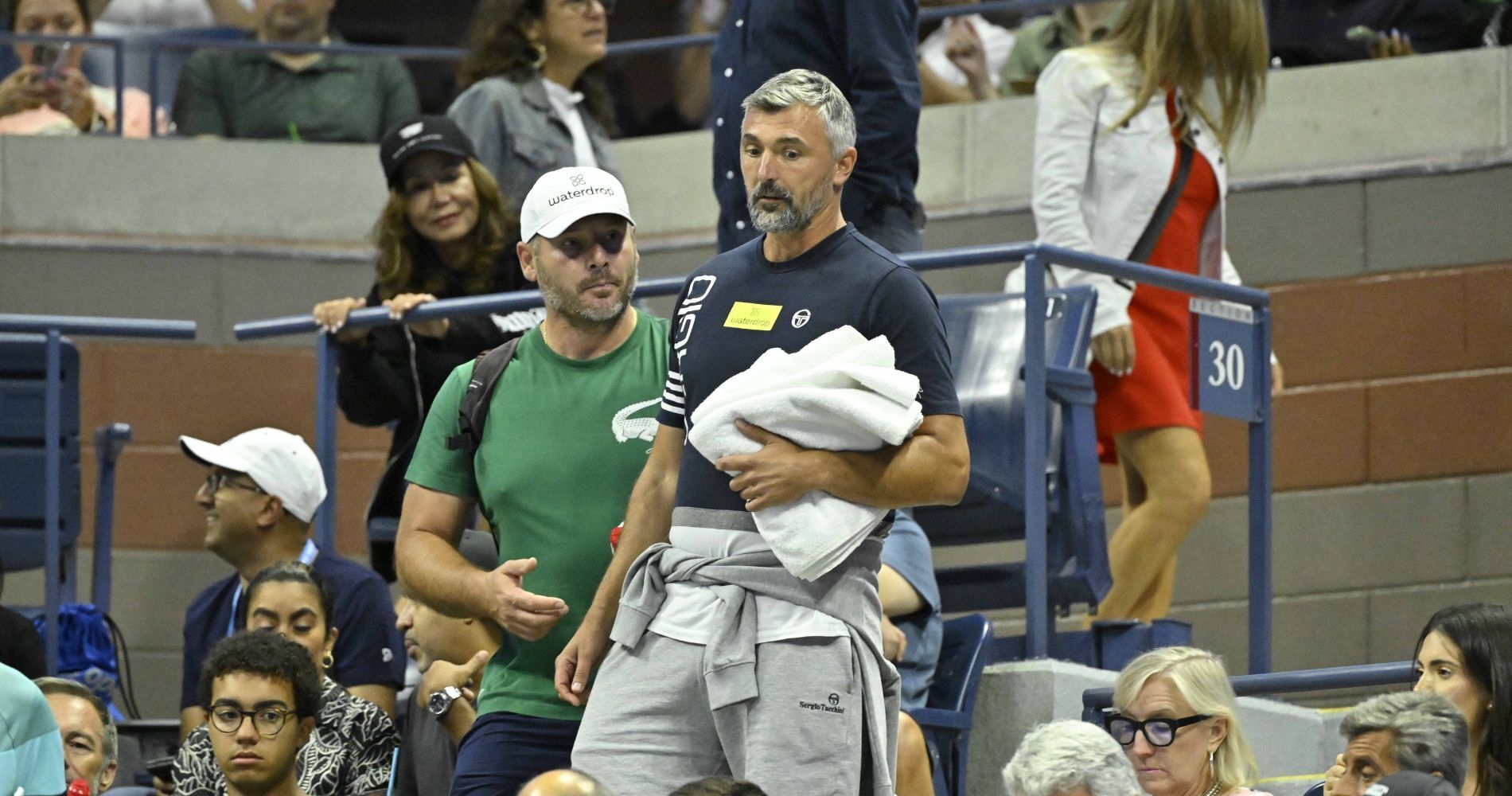
“We expect the highest kind of dedication and I guess involvement from our team members, as our team members and coaching staff expect from us,” clarified Djokovic.
“The intensity is there. In the heat of the battle, obviously a lot of different things can be done on the court. But, you know, overall, we are a team, we are sticking together through good times, bad times, and I’m grateful that I have the team that I have.”
“Yeah, I can be difficult, but who is not, again?” retorted the 23-time Grand Slam champion. “I don’t know the player playing on the highest level that is, you know, easy-going and, you know, everything is, so to say, flowers and music, you know.
“It has to be challenging for everyone, for the player and for the coaching staff, otherwise there is no growth. I think that’s the way to push each other to the limits and really understand how you can develop the game, how you can become better on and off the court.”
With a semi-final looming against either Ben Shelton or Frances Tiafoe, it’s safe to say that Djokovic will be leaning heavily on his box for support—as the crowd will well and truly be behind his opponent.
